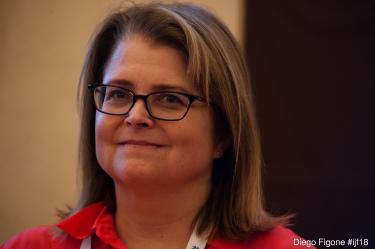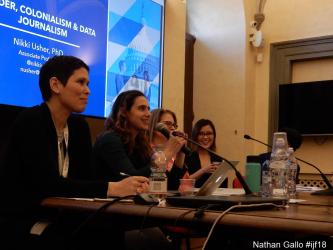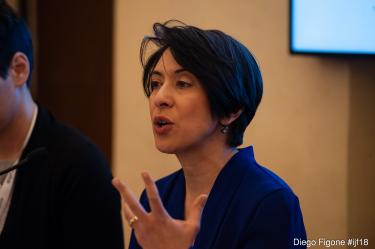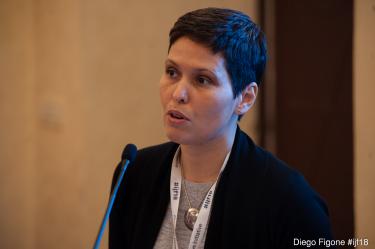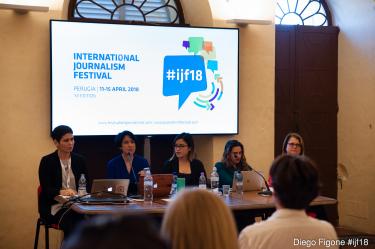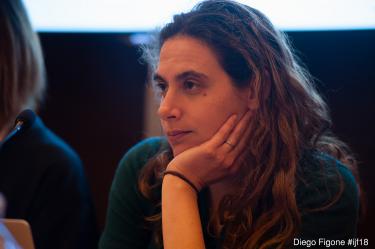This panel will examine how technology is privileged in discussions about journalism startups despite evidence that structural power relations such as gender, race and colonialism matter as much or mo...
![]()
Candis Callison is an Associate Professor in the Graduate School of Journalism at University of British Columbia in Vancouver, Canada. This year (2017/2018), she is also the Chair of the Bachelor of Media Studies Program. Her research and teaching are focused on changes to media practices and platforms, journalism ethics, the role of social movements in public discourse, and understanding how issues related to science and technology become meaningful for diverse publics.
Her book, How Climate Change Comes to Matter: The Communal Life of Facts (Duke University Press, 2014) uses ethnographic methods and a comparative lens to bring together the work of science journalists, scientists, and three distinct social groups that are outside environmental movement and policy frameworks in an American context.
Candis leads a research team on Arctic Journalism, funded through a SSHRC Insight Grant. They are researching changes to professional norms, practices and standards for Canadian Arctic journalists working in an era of environmental change and global audiences. Since the project launched in 2014, research assistants have jointly conducted ethnographic research, completed a portion of their required Master of Journalism summer internships in the three northern Canadian territories, and provided live reporting and media analysis during the COP21 meetings in Paris.
Candis also has three additional ongoing collaborative research projects that are funded by the Canadian Media Research Consortium. The first looks at new journalism and will result in a 2018 book with J-school colleague, Mary Lynn Young. The second investigates how social networking technologies are being used by First Nations individuals and communities in Canada for social engagement, self-representation, and governance. The third involves the Social Media Advanced Research, Teaching and Training Lab (SMARTT Lab), a new interdisciplinary center at the J-school dedicated to understanding the interplay between social networks, the media and public discourse. The first project of the SMARTT Lab resulted in an analysis of the Twitter hashtag of the Idle No More movement in Canada.
Candis holds a Ph.D. from Massachusetts Institute of Technology in History, Anthropology, and Science, Technology, and Society. She also has a Master of Science from MIT in Comparative Media Studies. Prior to her academic work, she produced, wrote, and reported for television, the Internet, and radio in Canada (CBC, CTV) and the United States (Lycos, Tech TV).



